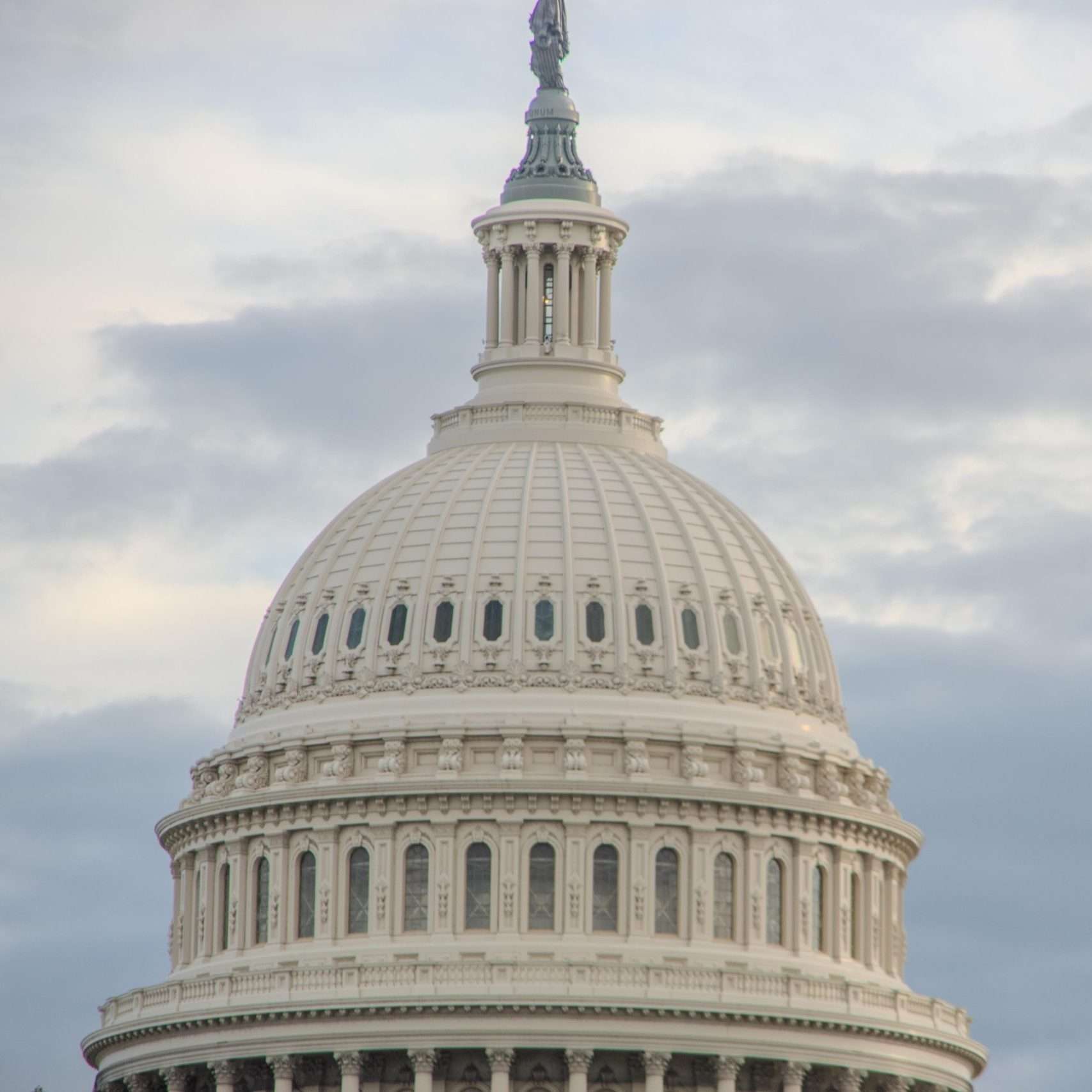Note: Political Awareness never authorizes any candidate or their committees to publish its communication.
How Democracies Slide Into Authoritarianism: Warning Signs for Political Awareness Readers
September 2025 — Democracies rarely collapse overnight. More often, they erode step by step, as leaders exploit fear, division, and political fatigue to consolidate power. History—from 20th-century Europe to modern-day Hungary, Turkey, and Russia—offers sobering lessons about how authoritarianism creeps in under the cover of legality and stability.
This analysis lays out the five key warning signs that citizens should watch for in any democracy, including the United States.
1. Erosion of Institutional Checks and Balances
The first step toward authoritarianism is weakening the institutions meant to hold leaders accountable. When courts are stacked with loyalists who serve the ruling party, independent watchdog agencies are defunded or sidelined, and election commissions are brought under partisan control, the system loses its ability to function as a check on power. Over time, these institutional vulnerabilities allow leaders to bypass legal constraints and extend their authority without resistance. This gradual erosion creates a political environment where leaders operate with impunity, setting the stage for further authoritarian measures.
2. Control of Information and Media
Authoritarian regimes thrive on narrative control. They discredit journalists who challenge the government, restrict press freedoms, and sometimes ban or heavily filter online platforms under the guise of “security” or “public order.” State-controlled media becomes the primary source of information, often propagating government-approved messages while silencing dissent. This manipulation of information not only shapes public perception but also diminishes citizens’ ability to make informed decisions, effectively undermining the free exchange of ideas vital to a healthy democracy.
3. Politicization of Security Forces
Another hallmark of authoritarian drift is the politicization of security forces—police, intelligence agencies, and the military. Leaders may deploy these forces to serve partisan ends, framing protests or opposition groups as threats to national stability. What begins as efforts to maintain order can quickly morph into tools for suppression, intimidation, and violence against political opponents. This blurring of the line between law enforcement and political control erodes civil liberties and creates an environment of fear and repression.
4. Undermining Free Elections
While authoritarian regimes rarely abolish elections outright, they manipulate electoral processes to maintain power. Tactics include voter suppression laws that disenfranchise certain groups, gerrymandering to favor incumbents, intimidation at polling stations, and disinformation campaigns aimed at undermining trust in electoral results. These tactics distort the democratic process, making elections appear legitimate while subtly eroding their fairness. Over time, these manipulations weaken the very foundation of democracy—the people’s ability to choose their leaders freely.
5. Cult of Personality and Nationalist Rhetoric
Authoritarians often promote themselves as the singular solution to national problems, creating a personality cult that elevates their status above accountability. Opposition parties and critics are portrayed as enemies of the state or traitors, further consolidating power through propaganda and loyalty tests. Nationalist slogans and rhetoric evoke a sense of unity and patriotism, but they often serve to suppress dissent and justify anti-democratic measures. This atmosphere discourages pluralism and debate, replacing democratic discourse with loyalty to a leader or ideology.
Why This Matters to Political Awareness Readers
Authoritarianism is gradual. It rarely announces itself outright. Instead, it creeps through incremental legal changes, institutional weakening, and normalization of anti-democratic behaviors. Recognizing these warning signs is crucial for citizens who wish to defend their democracy before it’s too late.
Global Echoes: Democracy in a Changing World
From Eastern Europe to Latin America, citizens are witnessing similar patterns of democratic erosion. These global echoes remind us that no democracy is immune, and vigilance is essential worldwide.
The American Context
While the United States boasts strong institutions, complacency is dangerous. The greatest weakness of any democracy is assuming “it could never happen here.” Vigilance, active engagement, and safeguarding democratic norms are ongoing responsibilities of every citizen.
Final Reflection: The Importance of Daily Defense
The fall of a democracy does not necessarily begin with tanks in the streets. It often starts with subtle shifts—legal tweaks, institutional weakening, and normalization of anti-democratic practices—that many dismiss as politics as usual. Once entrenched, resistance becomes exponentially more difficult.
The key lesson for Political Awareness readers is clear: democracy must be defended daily. This effort extends beyond voting—it requires engagement in the courtroom, the newsroom, the public square, and even the dinner table conversations. Only through sustained vigilance can democracy be preserved and strengthened.


Leave a Reply